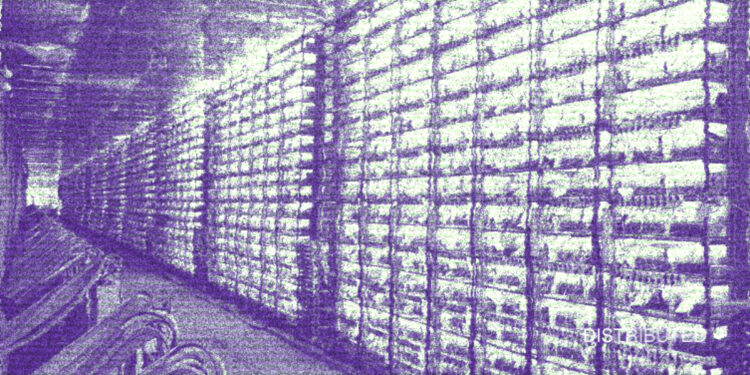In recent times, scorching heat in Texas has put immense pressure on its power grid. This leads to the activation of emergency measures, primarily impacting Bitcoin miners. Due to the extreme temperatures in the state, several mining operations were compelled to temporarily reduce their mining activities. Notably, Riot Platforms and Marathon Digital both announced their shutdowns, with the latter reporting a 9% decline in Bitcoin production.
The Electric Reliability Council of Texas (ERCOT) was compelled to implement emergency measures to ensure an uninterrupted energy supply. ERCOT supplies approximately 25 million customers, constituting 90% of the state’s grid load. These emergency measures involved certain power consumers, such as Bitcoin miners, reducing their energy consumption, effectively shutting down their operations.
It’s worth noting that Riot Platforms received $31 million in energy credits from ERCOT. Jason Les, CEO of the company, clarified, they weren’t paid to shut down. Instead, they earned most of their credits through power trading. Les explained that they have power contracts and profit from the price difference between the contract and market prices by “choosing not to mine”.
Not Just Riot And Marathon
Another company, Iris Energy, follows a similar approach. Les also highlighted ERCOT’s Ancillary Services program, which allows them to sell ERCOT the right to control their energy consumption, helping to manage grid variability and uncertainty.
Mining analyst Anthony Power sees what Riot and others are doing as a strategic move. They can reduce energy consumption or mine Bitcoin based on market conditions and power purchase agreements, ultimately responding to grid demands while maximizing their returns in the deregulated energy market of ERCOT.



